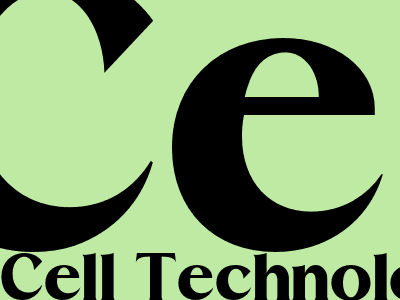Cell Technologies: The Future of Cellular Research
What are Cell Technologies?
Cell technologies encompass a wide range of scientific techniques and applications that involve the study, manipulation, and use of cells. These technologies include genetic engineering, stem cell research, tissue engineering, and cell culture techniques.
Cell technologies have revolutionized the field of biology and medicine, offering unprecedented opportunities for understanding and treating diseases, developing new therapies, and advancing regenerative medicine.
Applications of Cell Technologies
1. Genetic Engineering
Genetic engineering involves modifying the genetic material of cells to alter their function or characteristics. This technology has applications in:
2. Stem Cell Research
Stem cells are unspecialized cells that have the potential to develop into any type of cell in the body. Stem cell research involves studying and manipulating stem cells to:
3. Tissue Engineering
Tissue engineering involves using cells, biomaterials, and other techniques to create functional tissues and organs for transplantation or repair. Applications include:
4. Cell Culture Techniques
Cell culture involves growing cells in a controlled environment outside the body. Cell culture techniques are used in:
Ethical Considerations
The rapid advancements in cell technologies have raised ethical concerns, including:
Conclusion
Cell technologies represent a transformative field that holds immense potential for advancing scientific knowledge, improving human health, and revolutionizing medicine. As research continues, ethical considerations must be carefully addressed to ensure responsible and equitable use of these powerful technologies.

Comments